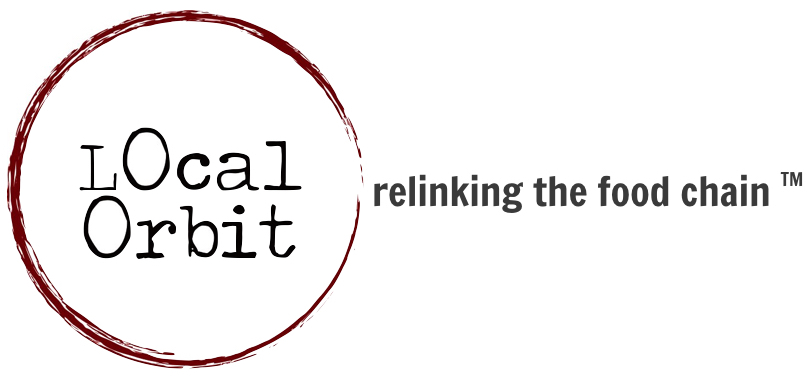At Local Orbit, we frequently hear of efforts to build or utilize open source software (OSS) for local food businesses. Commonly misperceived as “free” software, it sounds appealing to small, cost-conscious operations that strive to make a social impact while building a sustainable business. People sometimes think that OSS will provide the tools that can meet their business needs with minimal upfront or ongoing cost.
There are many scenarios in which open source software makes sense, and we’ve explained some below, including how Local Orbit uses OSS in our platform.
Before you dive into deploying an OSS solution, it’s important to understand that creating, managing, and updating software is complex – even if you’re just making changes to existing OSS. Indeed, it’s generally an entire business in and of itself!
Software isn’t static. You can’t build it once and walk away. It requires ongoing refinement and development, and an architecture that can adapt to changes in the market or the evolution of a business. And it needs to keep up with evolving internet technologies, browsers, and a range of operating systems and devices — much like local food production and distribution businesses need to keep up with changes in markets, regulations, weather, and other variables over time.
So, what exactly is OSS? It’s computer software whose author publishes its source code with a license that allows anyone to study, change, and distribute the software for any purpose.
OSS projects run the gamut, from small “helper” libraries built by one person, to entire applications developed by large communities of programmers located throughout the world. In fact, much of the software that runs the Internet itself is considered Open Source, and is continually being changed by people with a passion for pushing technology to its limits.
communities of programmers located throughout the world. In fact, much of the software that runs the Internet itself is considered Open Source, and is continually being changed by people with a passion for pushing technology to its limits.
Platform service providers, like Local Orbit, frequently use OSS within some portion of their development and deployment process. From small snippets of code to large functional modules, this software model is part of practically every application today, and reduces development time by hundreds, if not thousands of hours every year.
Because OSS code is freely available, companies can be more cost effective with their development. Which is why we use OSS tools like Ruby and Postgres, along with dozens of other OSS libraries, extensively at Local Orbit, and with every other company that I’ve worked with for the past 25 years.
I’m often asked why companies would not simply use open source software for all of their business functions. After all, you can download everything from word processors to spreadsheets to sales, manufacturing management, and e-commerce tools, all for free.
The primary reason is the support and knowledge that enable better business processes, along with a continual development focus that volunteer projects cannot sustain. This is especially true when working with specialized software that is dedicated to a specific industry or market, like CRM (sales) or ERP (manufacturing) platforms. Often, there is a challenge in aligning the development and business goals of these tools, to ensure they deliver continuous value to customers.
This is where platforms like Local Orbit shine. Our development and operations teams have the skills and experience to assist new food economy organizations in addressing complex supply chain issues that can prevent them from taking their business to the next level. You see that reflected in the software we create, the network we enable, and the value we deliver.
Learn more about Open Source Software here.

